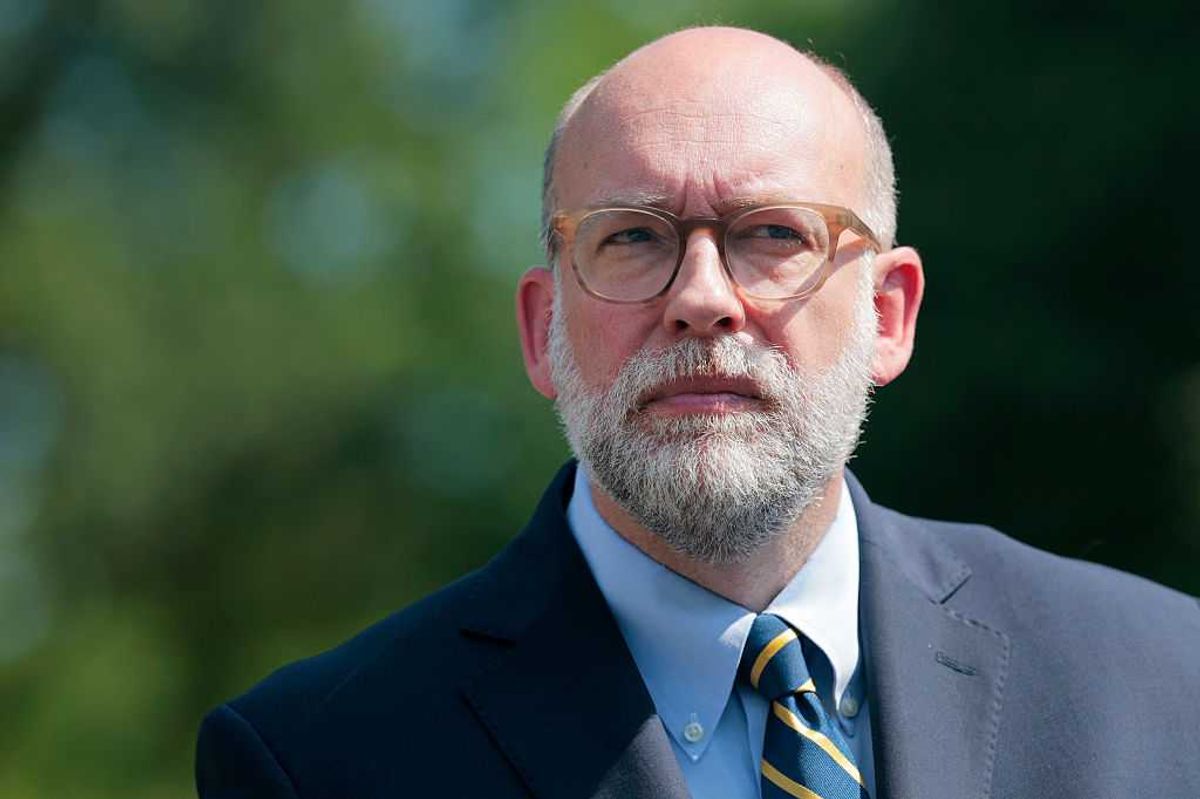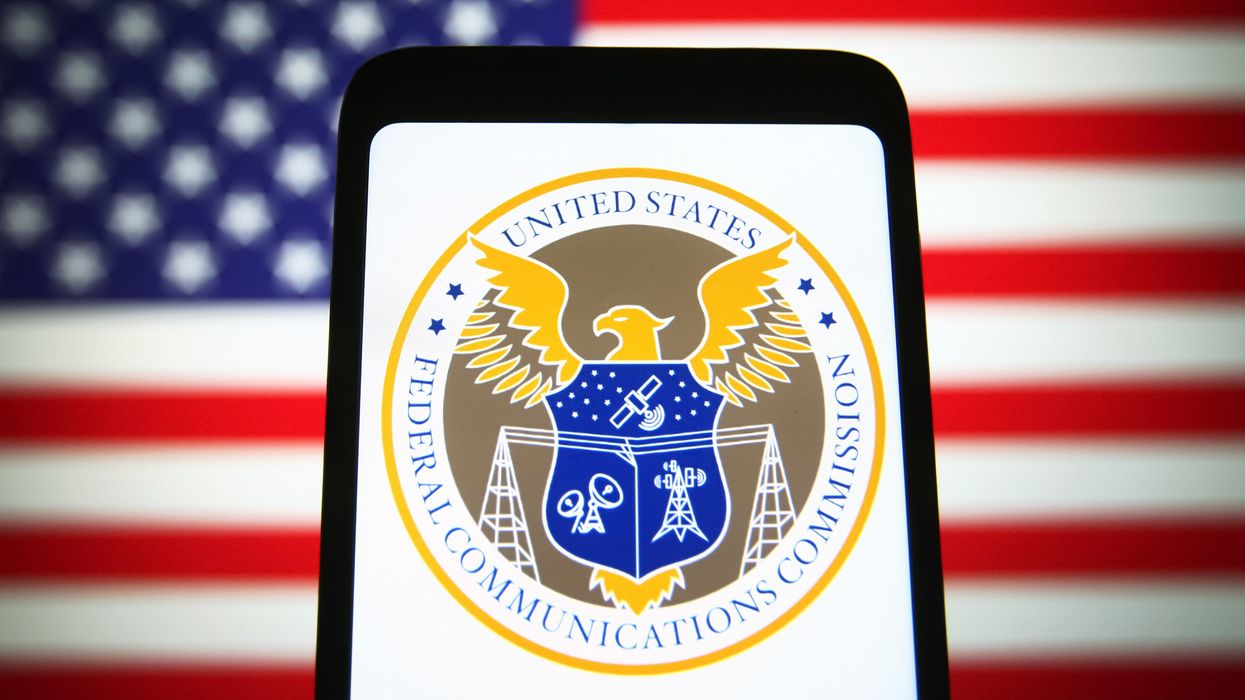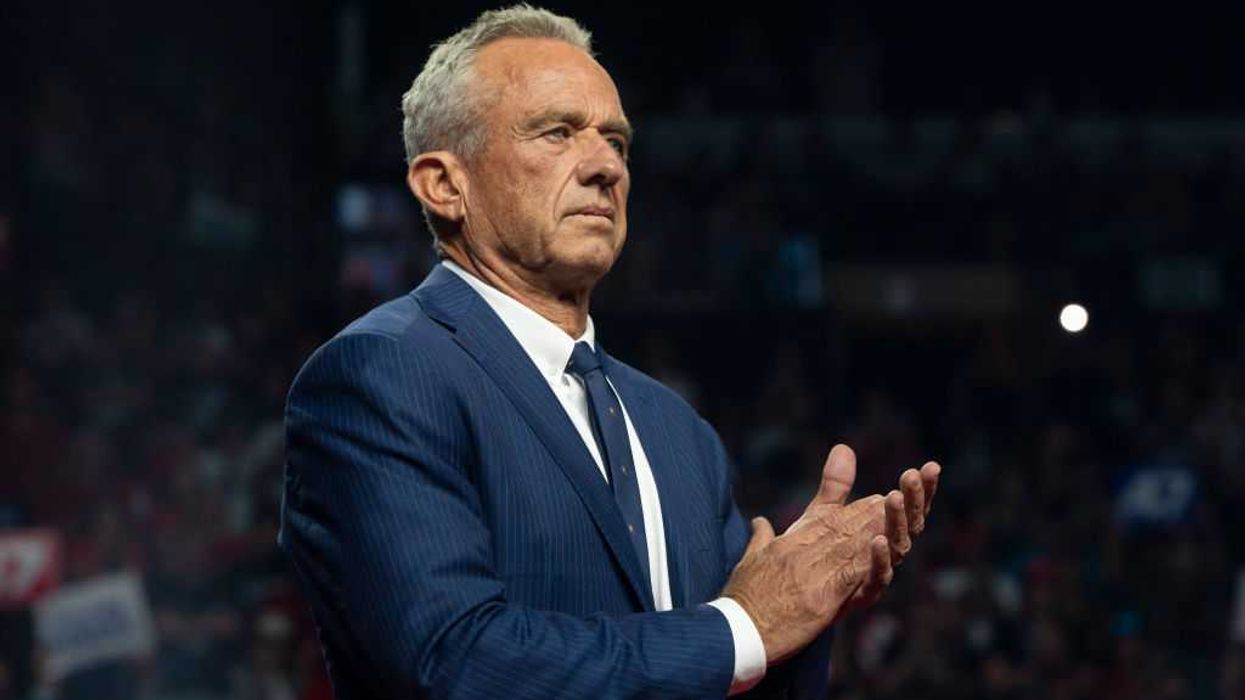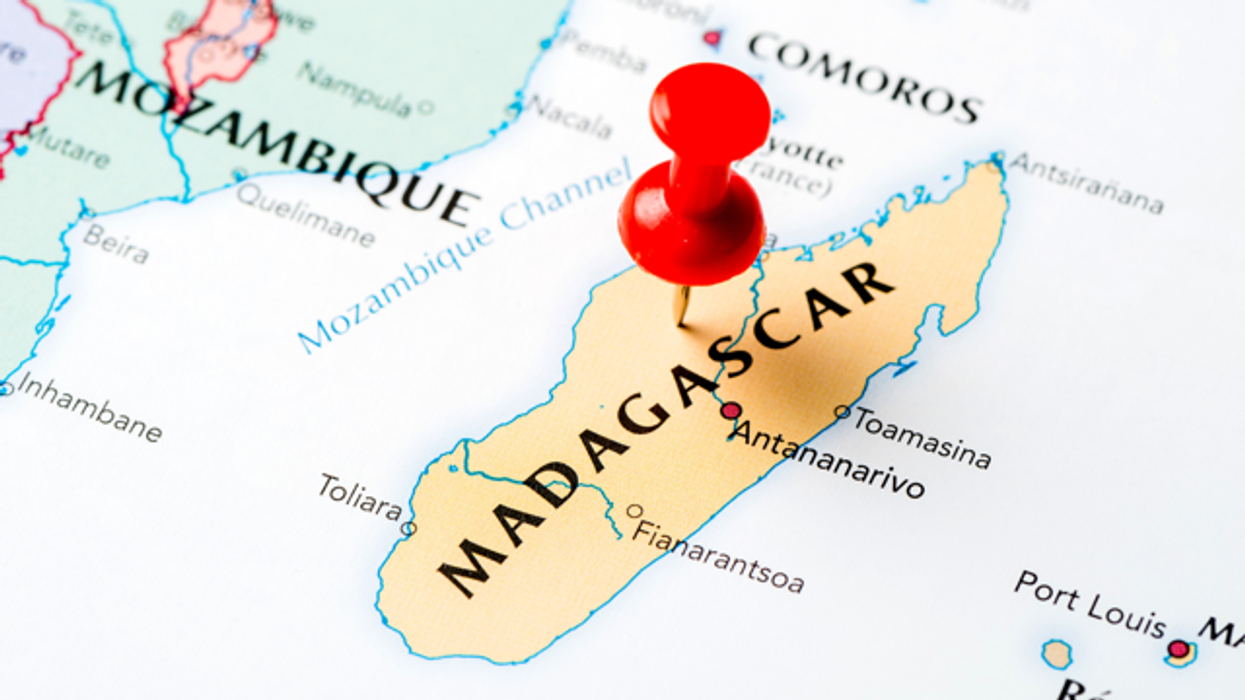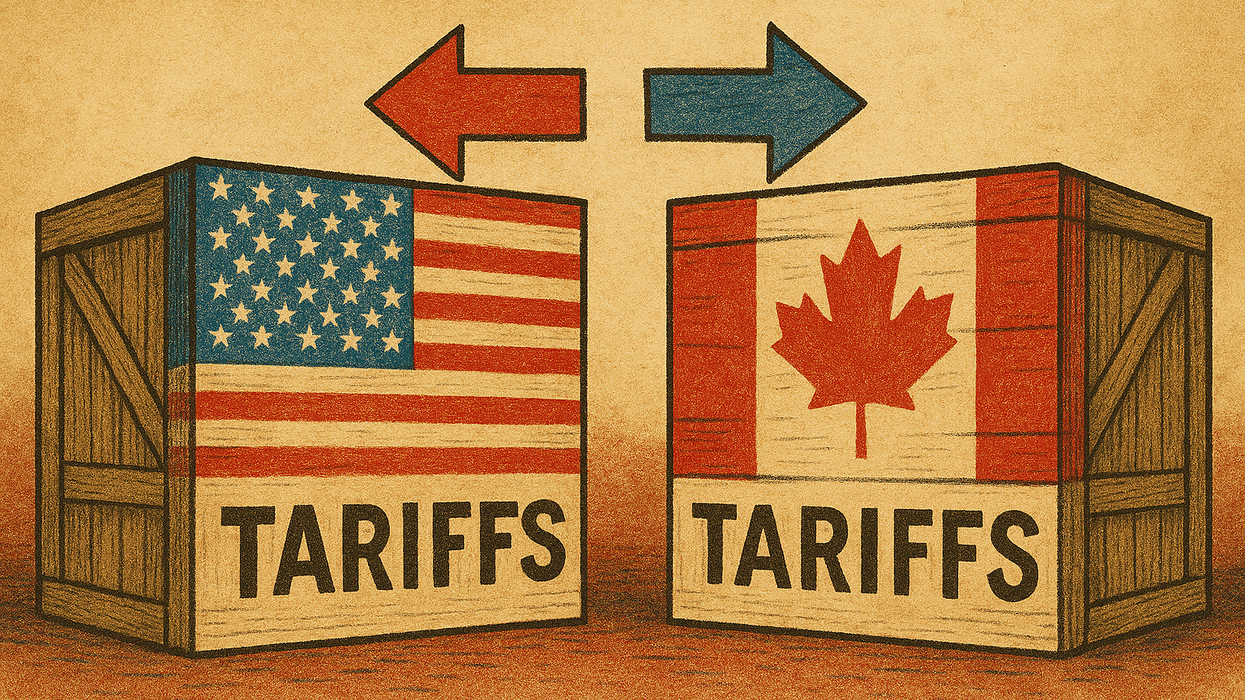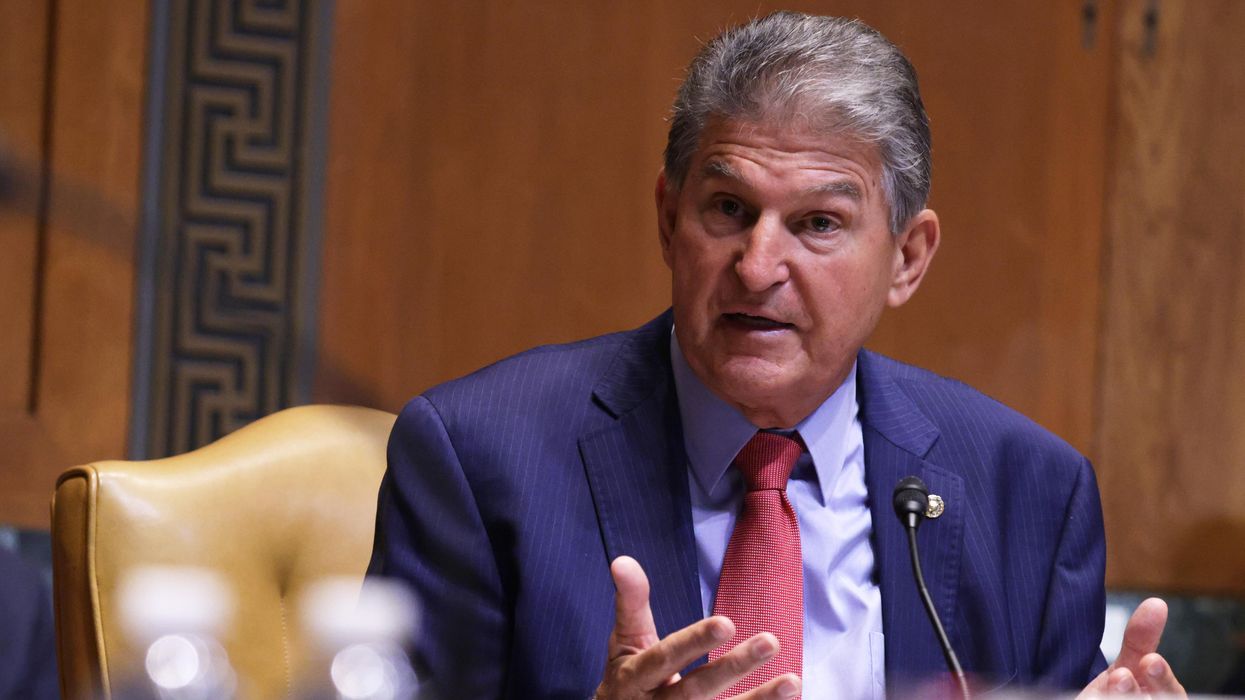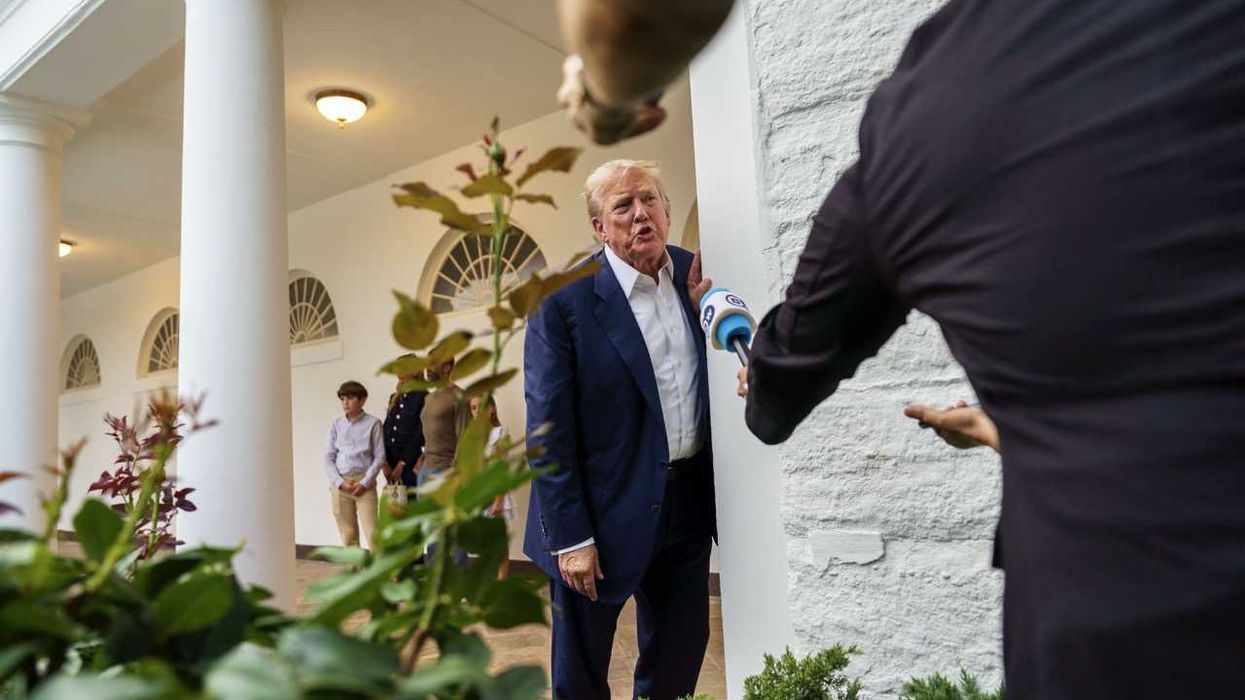Hill was policy director for the Center for Humane Technology, co-founder of FairVote and political reform director at New America. You can reach him on X @StevenHill1776.
This is part of a series offering a nonpartisan counter to Project 2025, a conservative guideline to reforming government and policymaking during the first 180 days of a second Trump administration. The Fulcrum's cross partisan analysis of Project 2025 relies on unbiased critical thinking, reexamines outdated assumptions, and uses reason, scientific evidence, and data in analyzing and critiquing Project 2025.
The Heritage Foundation’s Project 2025 proposes to enlist the Federal Communications Communication into a second Trump administration’s agenda for regulating radio, television, cellular, broadband wireless, cable and satellite in a more right-wing direction. However, reflecting a philosophical split within the conservative movement, this chapter also shares some ground with progressive thinkers on these matters.
The FCC is barely known to everyday Americans, but it is an extremely influential regulatory agency that employs about 1,500 people with an annual budget of $390 million. Along with the Federal Trade Commission, it oversees much of the regulatory regime regarding big technology companies such as Facebook, Google, Apple, TikTok, Twitter/X and more. It has five commissioners appointed by the president and confirmed by the Senate; they are divided politically between the two major parties with a majority of commissioners appointed always from the president’s party, with the FCC’s chairperson bestowed with significant executive authority.
Project 2025’s section on the FCC covers several broad thematic areas, with most emphasis placed on reining in Big Tech and promoting national security. On the first, Project 2025 initially almost sounds like President Joe Biden and other anti-monopolists, inveighing against “the threats … posed by … corporate behemoths” that are not “merely exercising market power; they are abusing dominant positions.”
But then Project 2025 takes an odd pivot, directing its anti-monopoly sentiment at a misplaced target: alleged silencing and censoring of conservative voices. This theme harkens back to 2020 when Donald Trump and other Republicans raged against Facebook, Twitter and YouTube, alleging anti-conservative bias. Indeed, following the Trump-incited Jan. 6, 2021, riot to stop certification of a presidential election, Trump was banned from many of these outlets. Rep. Jim Jordan (Ill.), GOP chairman of the House Judiciary Committee, bluntly accused these outlets, saying, “Big Tech is out to get conservatives."
So now conservatives are out to get Big Tech. However, their claim of victimization is hard to justify, considering that digital media practically made Trump into a leading national figure. His and other right-wingers' brand of outrage, extremism and QAnon-laced conspiracy-mongering has been a perfect fit for the sensation-driven advertising machines of digital media. In fact several studies have found just the opposite of the accusation: These digital media platforms have greatly amplified right-wing voices, “often affording conservatives greater reach than liberal or nonpartisan content creators” through the platforms’ algorithmic promotion of extreme content.
The conservative bellyaching is not only unsubstantiated by any facts, but this reaction reflects a deep confusion, and not just by conservatives but by liberals too, over the nature of digital media communications. Are Facebook, Twitter/X, TikTok and YouTube the same as The New York Times and Fox News, or AT&T and Comcast? No one would expect the liberal-leaning New York Times to publish whatever Trump espouses, just as no one would expect conservative firebrand Fox News to broadcast Vice President Kamala Harris unedited. So are these digital media platforms the same as news outlets that are free to publish — or not publish — whoever or whatever they want? Or are they a “common carrier” pipeline that must carry everyone and everything, regardless of content, much like a phone company or cable company takes all customers, no matter what you gossip about on the phone?
The answer is: They are both. Indeed, digital media platforms are an entirely new species of communication that requires a new regulatory approach, which the United States has so far still failed to establish on a solid, values-based foundation. Given the firehose of misinformation coming from right-wing sources, whether during the Covid-19 pandemic or fabrications over a stolen election, by any objective journalistic standards this has not been a case of censorship as much as responsible editing and publishing. Yet Project 2025, in its wounded, self-victimized posturing, shows little signs of this awareness.
Instead, it relies on a vague call for reining in Section 230 of the Communications Decency Act, which immunizes digital media platforms from legal liability for controversial user-generated content. Curtailment of Section 230 and making the platforms more legally liable, like a publisher or broadcaster is, previously has been a demand from some on the liberal left. So it’s noteworthy that the populist GOP of Donald Trump and vice presidential candidate J.D. Vance has, to some extent, jumped on this progressive idea. But Project 2025’s proposal is so vague that it would be ineffective, and mostly just reflects more misguided thinking about the alleged censorship of conservative views.
It is also notable that there is no mention in the FCC chapter about possible reforms for the governance of TV broadcasters or cable TV. The fact that Fox had to fork out nearly $1 billion to Dominion Voting Systems in a defamation lawsuit because it was caught red-handed, through many depositions, lying and fabricating disinformation about Dominion’s role in an allegedly stolen election, did not merit a mention here. Given Fox’s primacy in the constellation of conservative media outlets, this was ample proof of a conservative disinformation war, and any honest document would have contained some kind of reckoning.
This misdirection over the media landscape reality initially dominates the FCC chapter, but then it moves into more interesting territory. It calls for a number of policy goals worth considering, including:
- Better transparency rules applied to Big Tech around things like manipulation of search results, demonetization of business accounts and a transparent appeals process.
- Empowering consumers to choose their own content filters, instead of Facebook doing it for you.
- Ensure stronger protections to prevent young children from accessing social media sites.
- Requiring digital media platforms to contribute, as phone and cable companies do, to the Universal Service Fund, which subsidizes affordable internet and rural connectivity programs.
On national security, the FCC chapter vacillates between the usual right-wing, anti-China rhetoric and some useful proposals reflecting a more realistic assessment of China. Proposals worth considering include addressing potential national security threats from Chinese technology companies like Huawei and TikTok. More broadly, Project 2025 points the spotlight on how greedy U.S. technology companies have been aiding the development of Chinese technology as the price for gaining access to Chinese markets.
When China had a less authoritarian government under President Hu Jintao, this might have made some geopolitical as well as economic sense. But since President Xi Jingping’s accession in 2013, China has started using technology, especially artificial intelligence, to exert authoritarian domestic control. Yet U.S. companies are still helping China to train and improve its artificial intelligence technology.
Project 2025 includes several other sensible proposals, such as supporting a new generation of low-Earth orbit satellites like StarLink and Kuiper, which can beam a reliable, high-speed Internet signal to nearly any part of the globe at a fraction of the cost of other technologies, as a way to significantly accelerate efforts to end the digital divide.
But on the whole, Project 2025’s understanding of the FCC and its mission is so tainted by its misguided perceptions of conservative persecution that it renders much of this chapter less useful.
More articles about Project 2025
- A cross-partisan approach
- An Introduction
- Rumors of Project 2025’s Demise are Greatly Exaggerated
- Department of Education
- Managing the bureaucracy
- Department of Defense
- Department of Energy
- The Environmental Protection Agency
- Education Savings Accounts
- Department of Veterans Affairs
- The Department of Homeland Security
- U.S. Agency for International Development
- Affirmative action
- A federal Parents' Bill of Rights
- Department of Labor
- Intelligence community
- Department of State
- Department of the Interior
- Federal Communications Commission
- A perspective from Europe
- Department of Health and Human Services
- Voting Rights Act
- Another look at the Federal Communications Commission
